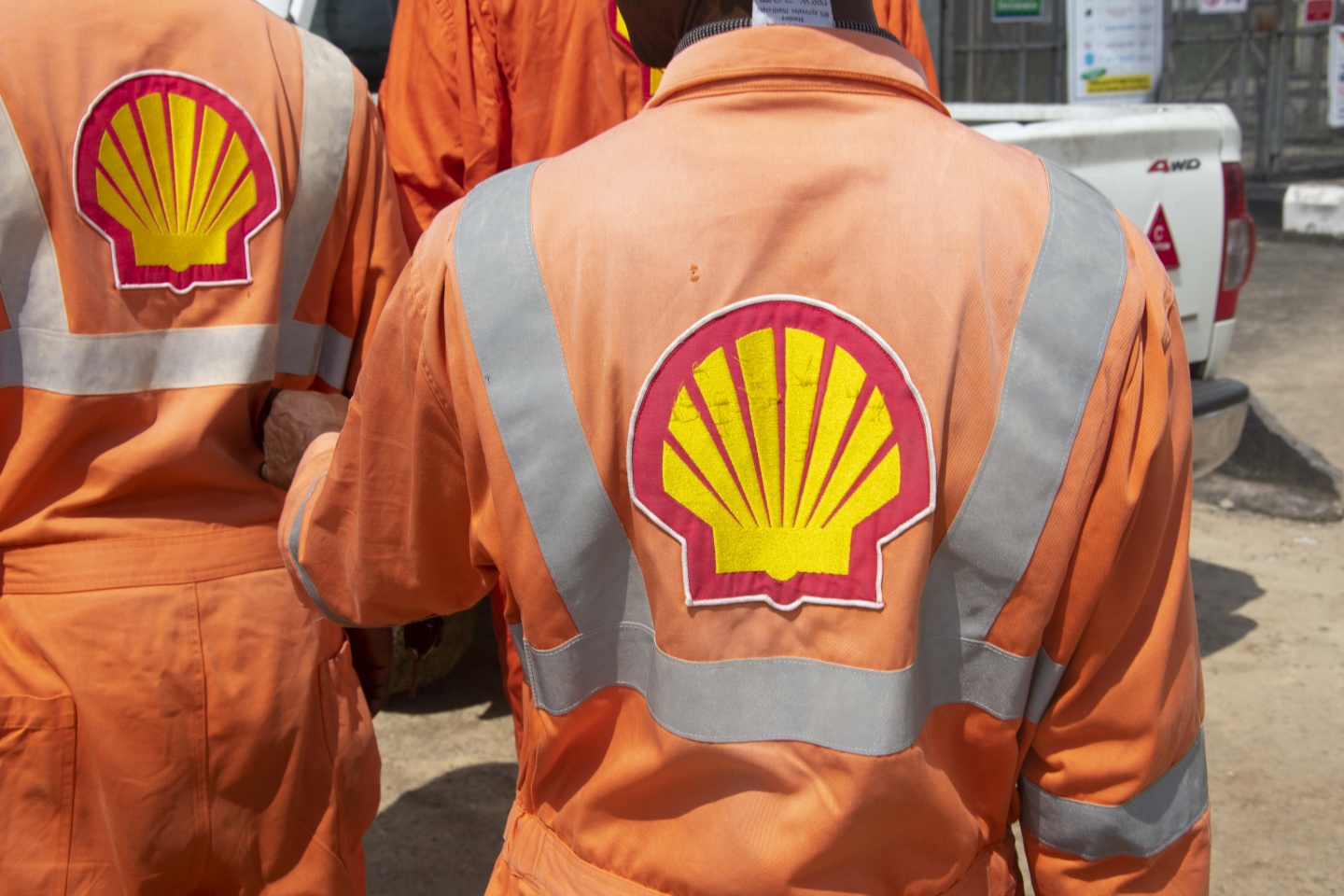24 October, 2018A new report from a fact-finding mission by IndustriALL Global Union has revealed the shocking exploitation of contract workers at Shell oil and gas operations in Nigeria.
The report documents poverty wages, abuse through contracts, fundamental rights violations, poor healthcare, health and safety hazards and miserable living conditions of Shell’s Nigerian workers.
“We work like an elephant and eat like an ant,” said a worker at the Umuebulu-Etche Flow Station in the outskirts of Port Harcourt. “Our salary at (contractor) Plantgeria is about 95,000 naira (US$257). In Nigeria today, you can’t do anything on that. You can’t pay your children’s school fees. You can’t eat well. You can’t do anything better for yourself.”
Salaries among the workers ranged from US$137 to US$257 per month, working 12 hours a day, six days a week. Some workers said that they had not been paid by their contractors for several months.
Workers said Shell determines what they get paid by contractors, but their appeals to Shell for better wages are ignored:
“If you ask for a pay rise, you will be escorted out by police. And then your job is finished. No more access to the yard until you sign something saying you will not join a union and you will not ask for a pay rise,” said one worker.
Shell is the biggest foreign multinational oil company in Nigeria, earning an estimated US$4 billion from Africa’s largest oil producing country in 2017.
At its AGM in May, Shell CEO Ben van Beurden said it is not financially viable to give contract workers permanent jobs, as they are not needed all the time. But this belies what workers told IndustriALL:
“They keep on classing us as ad-hoc workers but we have been working continuously for as long as 20 years while being paid less than US$150 a month,” a worker lamented.
Many contract workers complained that their healthcare insurance provider (HMO) was inadequate:
“We are exposed to all the hazards. We work in the field. Even with our HMO we are not doing well. We are just working to die. When we are sick and go to the clinic, they don’t treat you well because the money they (the contractor) give to the HMOs is too meagre.”
Port Harcourt and the Niger Delta have seen increasing levels of violence over the years with kidnapping and armed robbery not unusual. “One of our colleagues, a driver, was recently shot dead in the field. In the end Shell didn’t do anything. The most they will do is one minute’s silence. No one cares about you and your family. If anything was to happen to you today, (Shell) don’t know you, it’s up to the contractor.”
In its code of conduct, Shell states: “We seek to work with contractors and suppliers who contribute to sustainable development and are economically, environmentally and socially responsible.”
IndustriALL’s general secretary, Valter Sanches, said:
“It’s high time that Shell lives up to its own code of conduct and ensures that the thousands of workers toiling at its operations in Nigeria are treated humanely. Shell needs to stop turning a blind eye to the human rights violations of contract workers at its operations in Nigeria. We urge the company to start dialogue with IndustriALL and its trade unions in Nigeria to remedy the situation, which at present is neither responsible nor sustainable.”
IndustriALL has a global campaign to stop precarious work at Shell, where contract workers outnumber permanent workers by more than 2:1, and do the most dangerous jobs. Unions estimate the ratio is even higher at Shell in Nigeria but the company does not disclose figures for individual countries.
Last month, Shell announced it had joined forces with other energy companies to create a collaborative approach to human rights supplier assessments in the energy industry. Participating companies say they recognize the importance of working with suppliers that respect human rights including the fundamental conventions of the International Labour Organization. However, Shell has refused IndustriALL’s offer to work with the company to investigate the same concerns.










